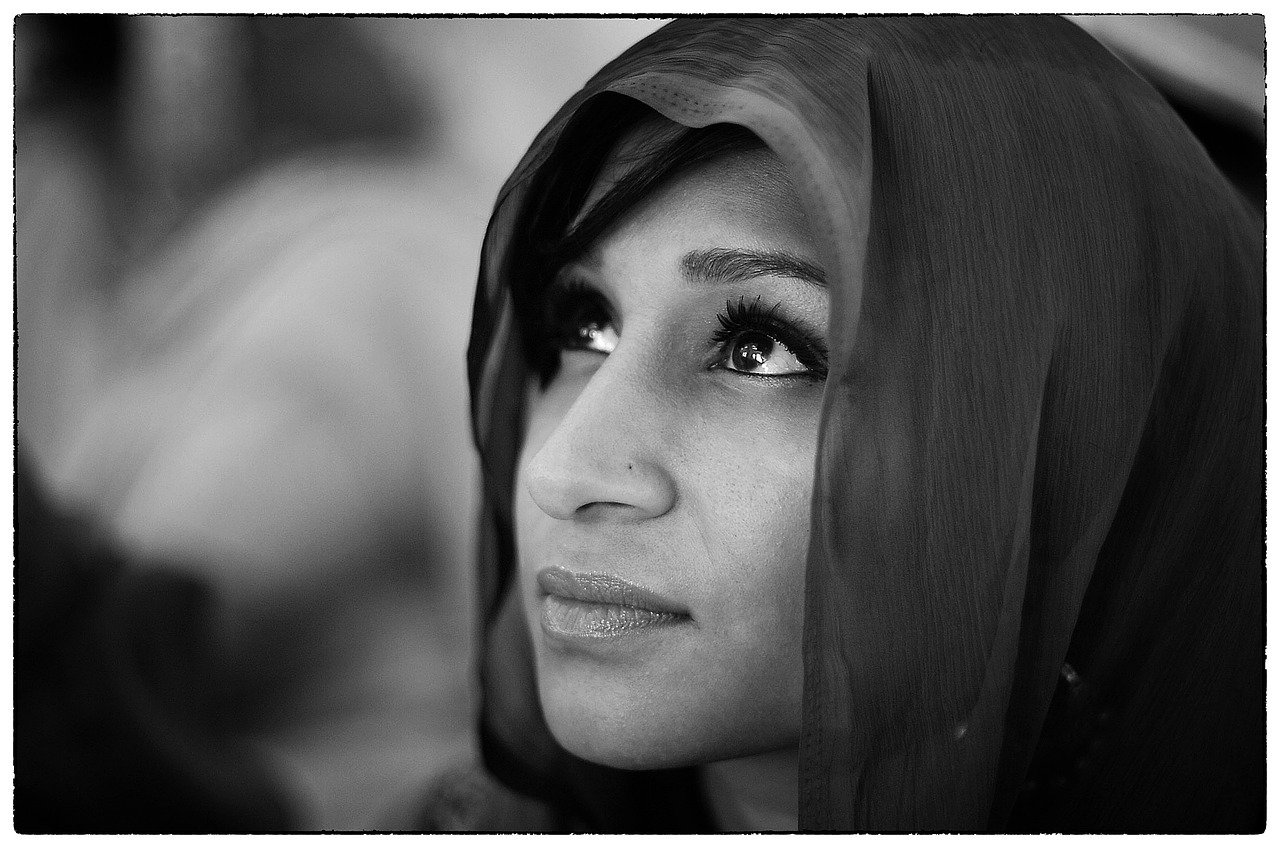Analyzing the Role of Gender Bias in Political Discourse: Sky247.net login, 11 x play game, Playexch 99 login
sky247.net login, 11 x play game, playexch 99 login: Why Gender Bias in Political Discourse Matters
Gender bias in political discourse is a pervasive issue that often goes unnoticed or unaddressed. This bias can manifest in various ways, from the language used to describe male and female politicians to the double standards applied to their behavior. Analyzing the role of gender bias in political discourse is crucial for understanding how it shapes perceptions of leaders and influences decision-making processes.
The Impact of Gender Bias in Political Discourse
Gender bias in political discourse has a significant impact on how female politicians are perceived and treated. Studies have shown that women in politics are more likely to face criticism for their appearance, tone of voice, and even their family life, while their male counterparts are judged primarily on their policies and leadership abilities. This double standard can make it challenging for women to succeed in politics and can deter them from running for office in the first place.
Furthermore, gender bias can influence how policies are debated and implemented. Research has shown that women are more likely to prioritize issues such as healthcare, education, and social welfare, while men tend to focus on defense, security, and economic growth. When women’s voices are marginalized in political discourse, these important issues may not receive the attention they deserve, leading to policies that do not adequately address the needs of all citizens.
Addressing Gender Bias in Political Discourse
One way to combat gender bias in political discourse is to raise awareness of its existence and educate the public on the importance of treating male and female politicians equally. By calling out sexist language and behavior in the media and public discourse, we can work towards creating a more inclusive and equitable political climate.
Another important step is to encourage more women to run for office and support their campaigns. Increasing the representation of women in politics can help challenge stereotypes and biases and ensure that a diverse range of perspectives are heard in decision-making processes.
Frequently Asked Questions about Gender Bias in Political Discourse
Q: How can individuals challenge gender bias in political discourse in their everyday lives?
A: Individuals can challenge gender bias by calling out sexist language and behavior when they see it, supporting female politicians, and educating themselves on the importance of gender equality in politics.
Q: What role do the media play in perpetuating gender bias in political discourse?
A: The media play a significant role in shaping public perceptions of politicians, including how gender bias is portrayed. By holding the media accountable for their coverage of male and female politicians, we can work towards a more equitable political discourse.
Q: Why is it important to address gender bias in political discourse?
A: Addressing gender bias is crucial for creating a more inclusive and equitable political climate, where all voices are heard and valued. By challenging stereotypes and biases, we can ensure that policies are developed to meet the needs of all citizens, regardless of gender.







